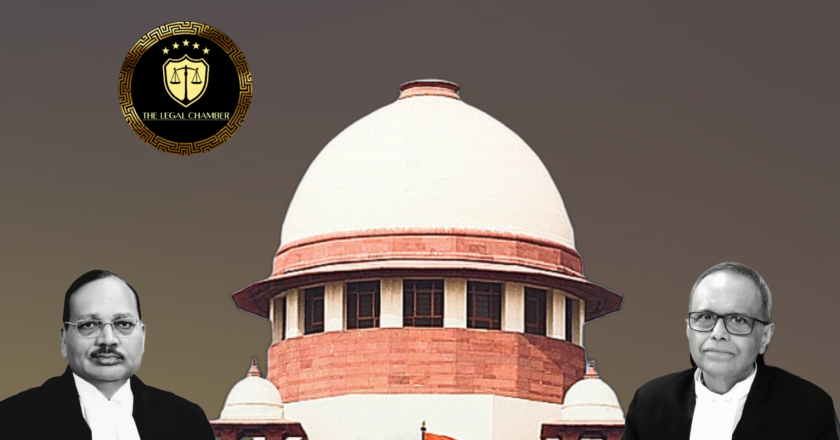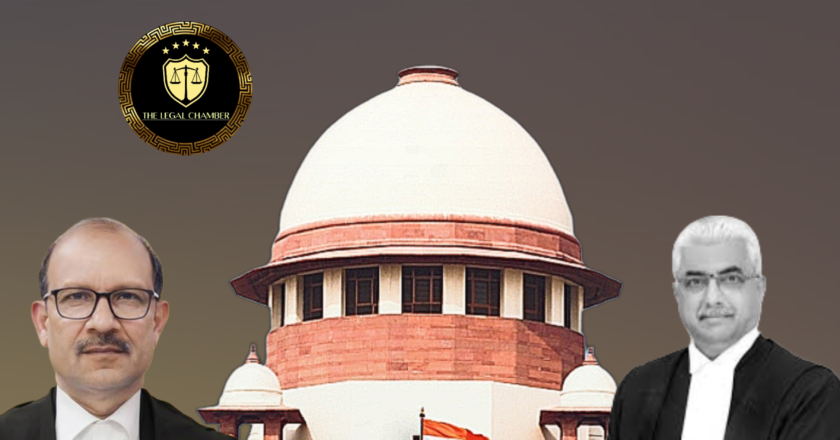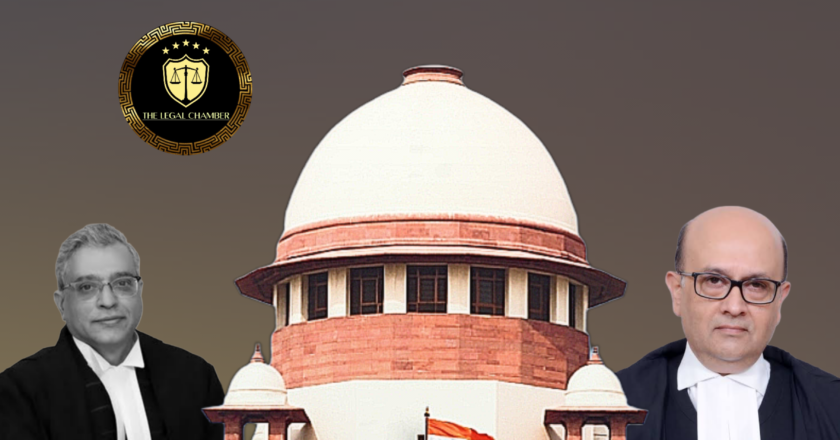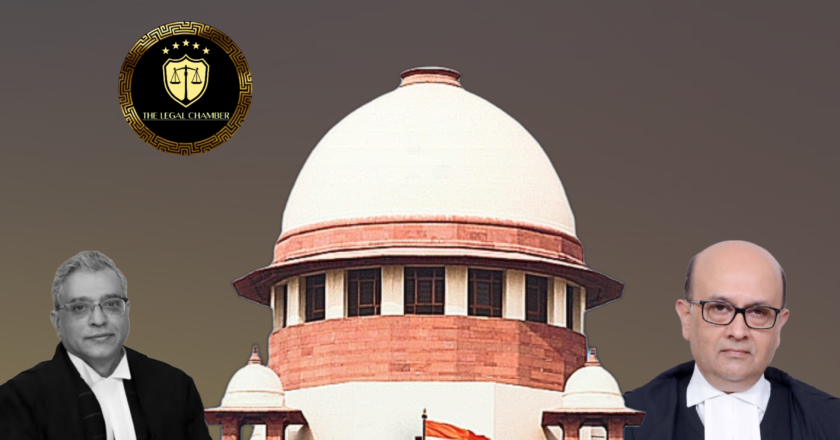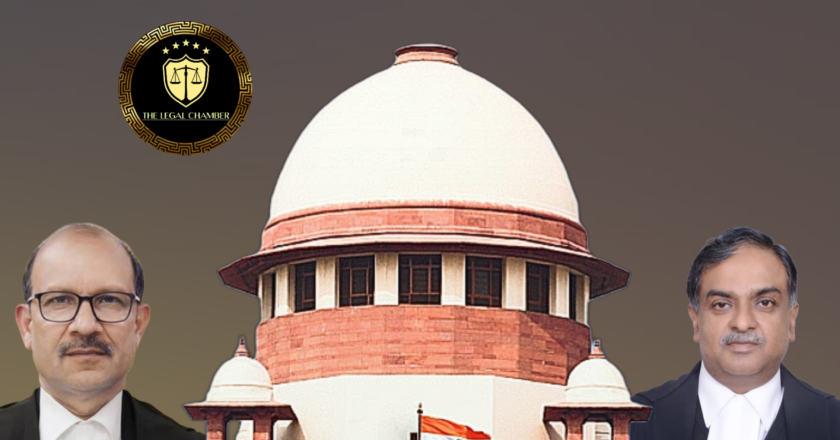Supreme Court: No Absorption for Waitlisted Candidate After Recruitment Process Ends
The Supreme Court held that a candidate in the reserved panel (waitlist) has no vested right to appointment once the selected candidates join their posts. A legal concession made before a tribunal cannot bind the authorities if it contravenes statutory recruitment rules or extends the life of a waitlist indefinitely.
Facts Of The Case:
The case originated from a 1997 recruitment drive by All India Radio, Eastern Zone, for three Technician posts reserved for Scheduled Castes. The respondent, Subit Kumar Das, was placed at Serial No. 1 in the Reserved Panel (waitlist). All three selected candidates joined their posts, so the waitlist was not operated. In 1999, during litigation before the Central Administrative Tribunal (CAT), the appellants (Union of India) gave a statement that the r...

